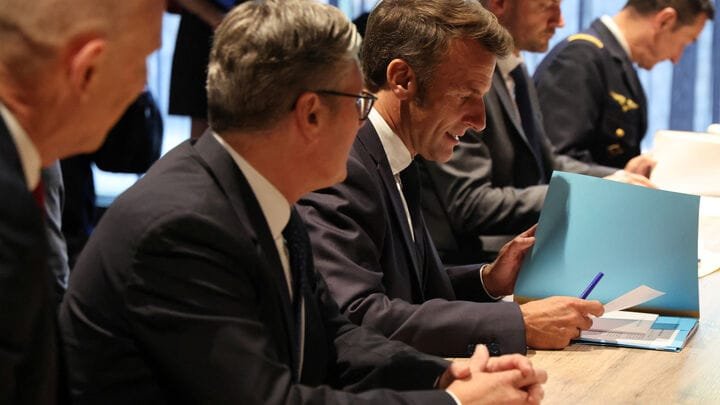France, Germany, and the United Kingdom, collectively known as the E3 —have issued a firm diplomatic ultimatum to Tehran: to return to nuclear negotiations by the end of August or face the reinstatement of global sanctions via the “snapback” mechanism. In a joint letter to U.N. Secretary-General António Guterres and the Security Council, the E3 ministers declared they are “prepared to trigger” this legal tool if Iran does not respond or accept a limited extension.
The warning builds on the deeply eroded framework of the 2015 nuclear accord, the Joint Comprehensive Plan of Action (JCPOA), which established snapback as an enforcement mechanism. Under U.N. Security Council Resolution 2231, any participant in the deal can unilaterally reinstate previously lifted sanctions in response to serious non-compliance, bypassing the need for a Security Council veto.
Although snapback would automatically reimpose arms embargoes, restrictions on nuclear and missile technologies, financial sanctions, and restrictions on illicit trade, it is also time-sensitive: the mechanism—the JCPOA itself and its provisions expires on October 18, 2025, unless invoked beforehand.
This strategic warning follows talks in Istanbul last month, described by both sides as “serious, frank and detailed,” marking the first direct engagement since Israel’s June offensive on Iran’s nuclear facilities. The Europeans reportedly offered Tehran an extension if it resumes cooperation with the International Atomic Energy Agency (IAEA) and revives dialogue with Washington.
Iran’s response has been defiant. Foreign Ministry officials, including Deputy Foreign Minister Kazem Gharibabadi, condemned the snapback as lacking “legal or moral grounds,” warning that any such step would exclude the E3 from future negotiations. Simultaneously, Iran’s parliament is now preparing legislative steps to withdraw from the Nuclear Non-Proliferation Treaty (NPT) if U.N. sanctions are reinstated, signaling a sharp escalation in the diplomatic standoff.
This confrontation unfolds against a backdrop of surging tension: in June, the IAEA reported Iran’s first formal violation of its non-proliferation obligations in two decades, highlighting undeclared nuclear materials at multiple sites and a rapid increase in Iran’s stockpile of near-weapons-grade uranium.





